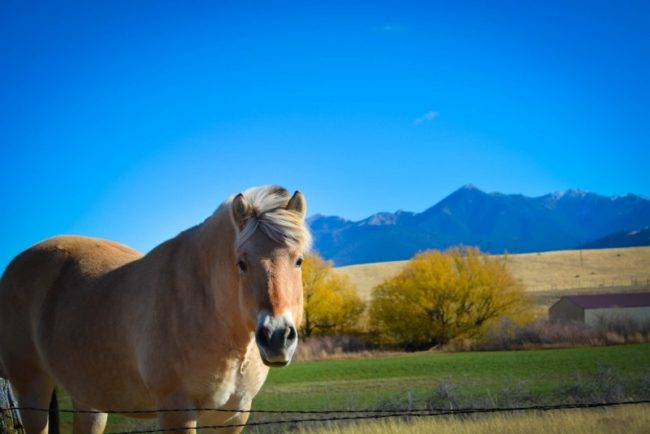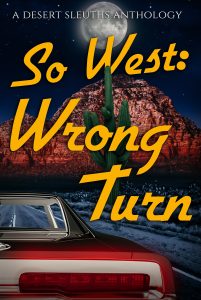Let’s take a look at the most recent novel in The Bestseller Code 100 challenge, One Day by David Nicholls, from a writer’s perspective. The discussion began February 27, 2017.
This post contains spoilers.
One Day* by David Nicholls


(*Amazon Affiliate link)
Summary: Dexter and Emma meet at the University of Edinburgh, and they spend graduation night together on July 15, 1988. The story follows how the relationship progresses each year on July 15, running through July 15, 2006.
Plot/Structure
Can you imagine how difficult this novel must have been to plot? Told chronologically (for the most part), it is built on events that occur on only one day every year. David Nicholls has restricted himself by this premise on top of the usual issues of pacing, rising conflict, etc.
The good news is that he tells it beautifully. Nothing is predictable, yet the story flows seamlessly as time progresses. It’s like watching a complex and flawless juggling act. You have to applaud.
Character Development
Having two main characters vying for attention is also not easy to manage. Readers tend to prefer one clear protagonist. Once again, Nicholls is able to pull it off.
As Karen points out in her review, the main characters are flawed, but much more likeable than the titular character in Olive Kitteridge. Dexter starts out irresponsible and immature. Emma is more mature, but lacks self confidence. Both have plenty of room to grow and change over the years, which gives satisfying character arcs.
Dialogue
‘I keep getting your brothers muddled up.’
‘A good way to remember it is Sam’s hateful and Murray’s foul.’
“Don’t think they like me very much.’
‘They don’t like anyone apart from themselves.’
Nicholls doesn’t get to tied down by a lot of dialogue tags, perhaps because of he started out acting and writing screenplays.
In the book beginnings post, we had a discussion about the fact this novel uses single quotations for dialogue. Apparently this is acceptable for novels published in Britain. Perhaps everyone should adopt it, as it takes up less space and requires the writer to spend less time shifting on the keyboard.
Setting
Although the two main characters meet at the University of Edinburgh, much of the novel takes place in London. The physical setting isn’t as prominent as in some of the other novels we’ve read so far. Perhaps, again, that comes from the author’s background as a screenwriter.
That said, the cultural setting is a significant part of the story.

Public domain photo via Visual hunt
My Personal Comments About One Day
The best part of One Day is the way it explores how relationships form and change over time. We’ve probably all met people we had chemistry with, but for any number of reasons the relationships did not develop. Things get in the way such as opposing jobs/careers, not being ready for a relationship, age differences, one or both parties already have partners, cultural/religious differences, etc. David Nicholls gives us hope that even though some of these windows to the heart are closed at one point in our lives, perhaps in the future they may reopen. In that way, it might not be so different from the ending message in Olive Kitteridge, which is about finding love and companionship during the autumn years. Maybe it is this message about openness to relationships that has put these two novels on The Bestseller Code 100 list.
Have you read One Day? What did you think?
Join us on social media:
Do you have suggestions for ways to improve this reading challenge? We’d love to hear them.
__________________
What are we reading next for The Bestseller Code 100 challenge?
If you ever have questions about what we are reading next or when we’re starting the next discussion, check the 100 Book List tab in the navigation bar at the top of the blog.
The next book is 91. The Horse Whisperer by Nicholas Evans (1995) – Discussion begins March 13, 2017














